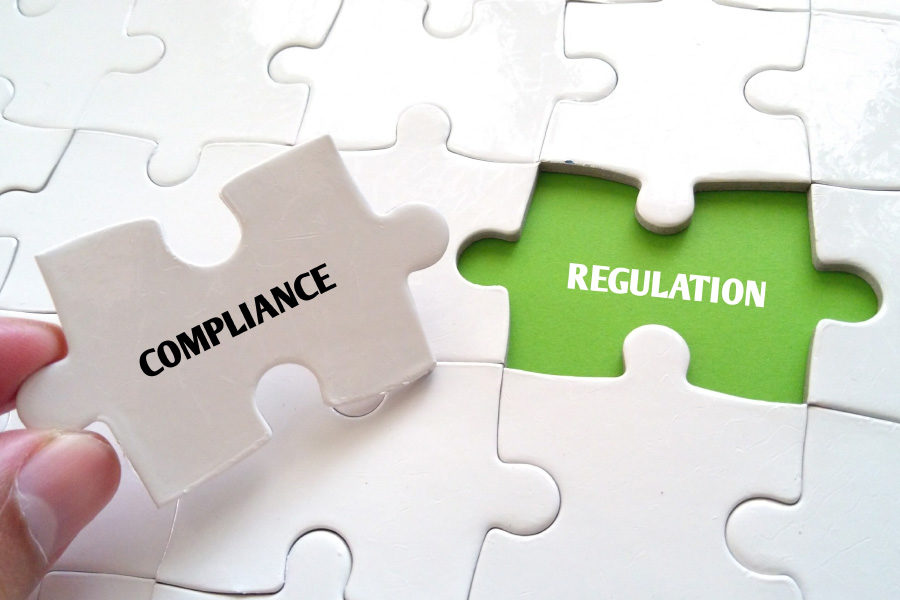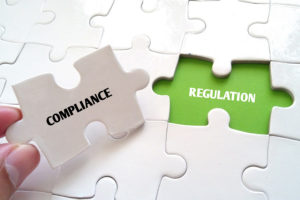French regulator flags “serious concerns” with state gaming monopolies

The ANJ has blasted the marketing strategies of Française des Jeux (FDJ) and Pari-Mutuel Urbain (PMU).
France.- The French gambling regulator, L’Autorité Nationale des Jeux (ANJ), has heavily criticised the marketing strategies of the country’s two large state gaming monopolies, lottery operator La Française des Jeux (FDJ) and horseracing betting operator Pari-Mutuel Urbain (PMU).
See also: French regulator to simplify gambling self-exclusion system
The regulator has highlighted a number of areas of concern in its first annual review of promotional activities in the gaming industry.
The report reviewed the promotional activities of the two state monopolies as well as France’s 14 private licensed gaming operators.
It criticised an increased targeting of young people through promotions on platforms such as Snapchat and TikTok which are popular with younger generations.
The regulator also found that total advertising budgets increased by 26 per cent year-on-year in 2020, with much of this spending concentrated on large sporting events.
It also identified an increase in “active stimulation” of players via bonuses or personalised advertising, which it says may intensify gaming habits.
Criticism of state gaming monopolies FDJ and PMU
It was particularly critical of the FDJ and PMU’s use of such strategies, arguing that as state monopolies they should use “measured and strictly limited” advertising.
The regulator said it had “serious concerns” about the operators’ marketing strategies and would be vigilant to ensure that the two monopolies did not “hide behind arguments of general interest” to promote gambling.
It said it would be particularly vigilant over the protection of minors.
The ANJ was launched as a single unified regulator for gaming in France in June last year. It announced its leadership team last July.
All gaming operators in France have to submit their marketing strategies to the ANJ at the beginning of the year for examination.
The regulator can then respond to any campaign it deems problematic.










